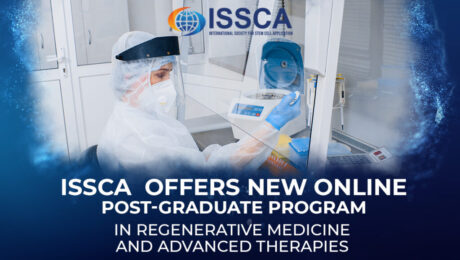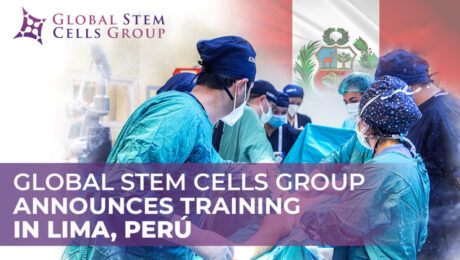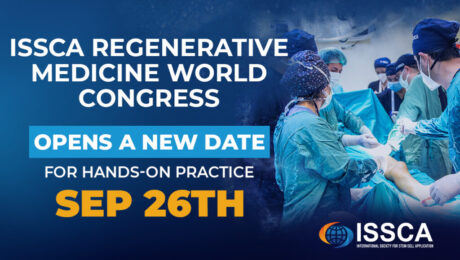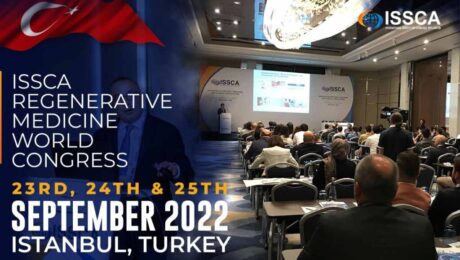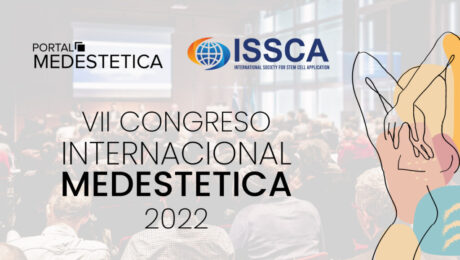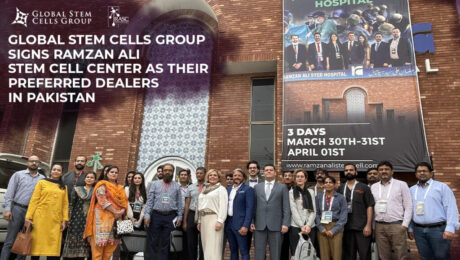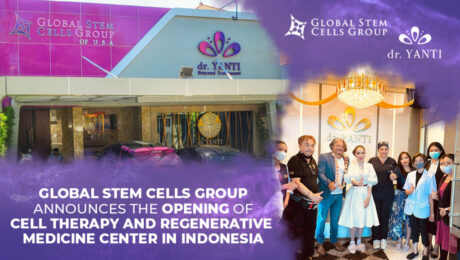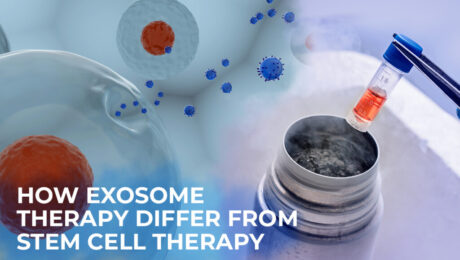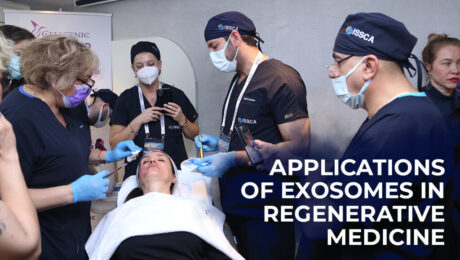Serial Entrepeneur
founder Global Stem Cells Group
With video lectures and additional tools from some of the most respected names in today’s stem cells field, the course arms practitioners with the necessary knowledge and resources to offer innovative regenerative medicine treatments in their existing practices. MIAMI, Florida— The International Society for Stem Cell Application (ISSCA) has announced it has launched a new
The Global Stem Cells Group, a multi-disciplinary community of scientists and physicians that are collaborating to treat diseases and lessen human suffering through the advancement of the field of regenerative medicine has announced plans for a training in Dubai, UAE on November 11th-12th. This training will be one of the second one of 2022, reaffirming
MIAMI,Florida—The International Society for Stem Cell Application (ISSCA) has announced plans to hold a Cell therapy Certification training course for qualified physicians in Lima on December 09 and 10, 2022. Each participating physician obtains the intellectual property of 22 proprietary protocols that will them to treat degenerative and aesthetic diseases and conditions in their offices.
ISSCA has opened a new date for hands-on experience at the World Congress of Regenerative Medicine. The International Society for Stem Cell Application (ISSCA) has announced a new date for practical certification at the 2022 World Congress of Regenerative Medicine in Istanbul, Turkey. The nonprofit association was compelled to open a new date by the
The International Society for Stem Cell Application (ISSCA) is hosting the most anticipated regenerative medicine event of he year – Regenerative Medicine World Congress 2022. The congress will take place at the Radisson Blu Hotel Istanbul Sisli, Turkey, on September 23. 24. and 25. The congress features theoretical lectures on the first two days. Physicians
The international society for stem cell association (ISSCA) will participate in VII CONGRESO INTERNACIONAL MEDESTETICA 2022 at Paseo La Plaza. Buenos Aires, Argentina, on August 11, 12 and 13. ISSCA has announced plans to participate as a sponsor in the medestetica congress. The organization has been promoting advances in regenerative medicine especially focused on the
Global Stem Cells Group has announced the signing of an exclusive contract with Ramzan Ali Stem Cell Center to expand the company’s service for Patients, doctors and product lines in Pakistan GSCG and Ramzan Ali Stem Cell Center have signed an exclusivity agreement for 5 years to enhance GSCG’s services in Pakistan that entails multiple
Global Stem Cells Group is pleased to announce the establishment of a cell therapy and regenerative medicine facility in Indonesia. The new facility emphasizes Global Stem Cell Group’s objectives of bringing the advances and benefits of regenerative medicine to parts of the world where they are less well known. By enabling cooperation with Dr. Yanti
Exosomes are potent microvesicles released by adult mesenchymal stem cells. They have the ability to help restore cells in the body by improving cell to cell communication. Exosomes are not cells, and they are smaller than cells. When compared to adult stem cells, exosomes have much more growth factors which give them a better clinical
In recent years, the application of exosomes in regenerative medicine has been growing. Also, many more potential applications of exosomes in regenerative medicine are still being studied. In this article, you’ll learn the functions of exosomes and up-to-date applications of exosomes in regenerative medicine. What are exosomes? Exosomes are tiny vesicles that play a crucial



